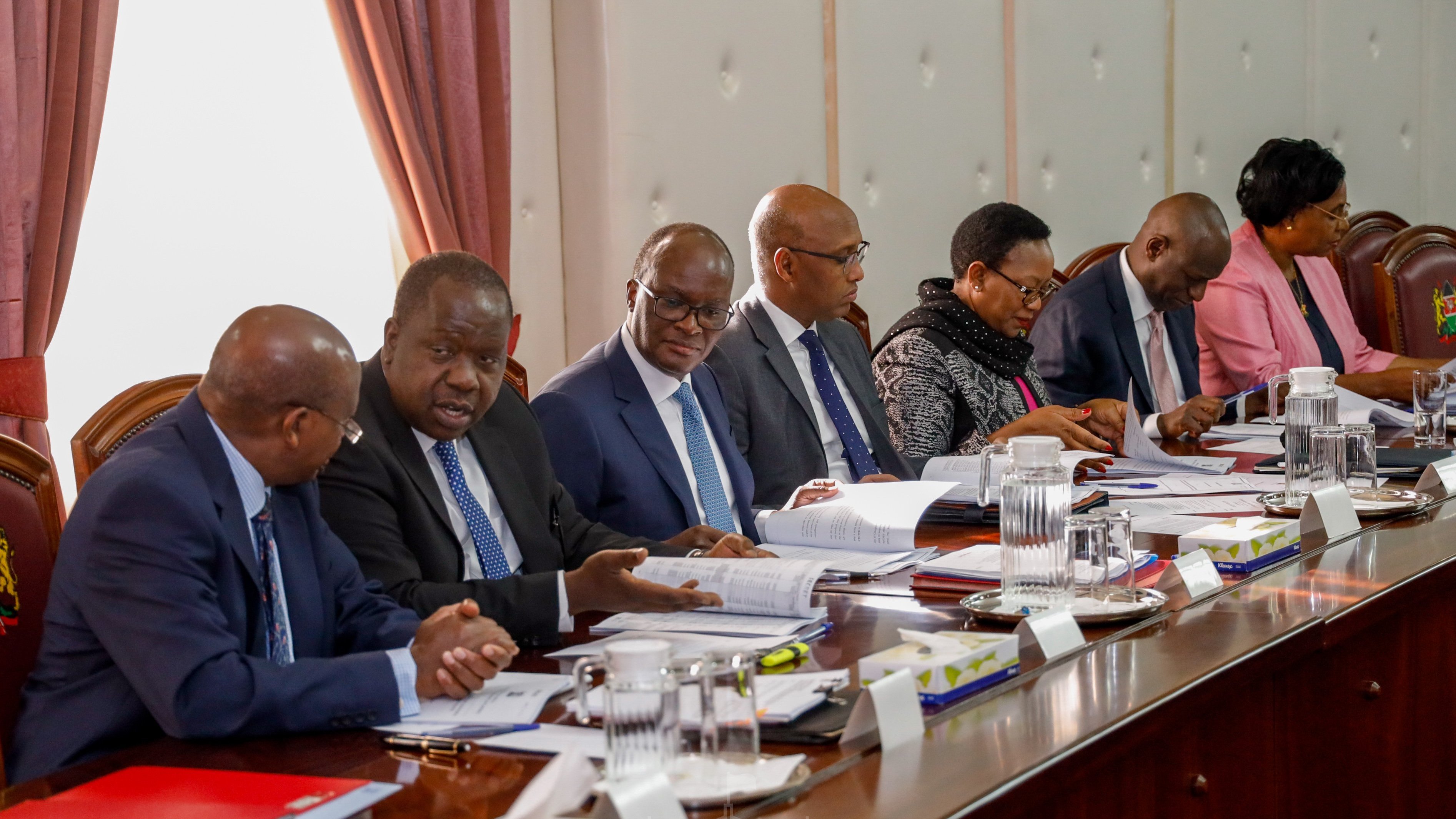[ad_1]

Consumers are staring at a fresh surge in the cost of living after the regulator sharply increased the price of fuel.
According to the latest monthly fuel pump price review released by the Energy Regulatory Commission (ERC) yesterday, motorists will now pay Sh112 for a litre of petrol in Nairobi.
This is an increase of Sh5.43 from last month.
The increase means the price of the commodity has edged up closer to the highs seen last September following the introduction of the controversial Value Added Tax (VAT) on petroleum products.
SEE ALSO :Why more Kenyans have grown poorer since 2016
Consumers of diesel, a major component in the manufacturing and transport sectors, have also not been spared, with a litre of the fuel now retailing at Sh104.37, an increase of Sh2 from previous month’s pricing.
Kerosene, commonly regarded as the poor man’s fuel for lighting and cooking, has also gone up by Sh2.24 and will now retail at Sh104.62 per litre in the capital.
The net effect of the latest fuel pump price hike is a likely spike in the cost of goods as well as fares charged by Public Service Vehicles.
Prices will be lowest in Mombasa where a litre of petrol will retail at Sh109.38 per litre, while diesel will sell at Sh101.75. The North Eastern town of Mandera will have the highest prices for the three products with petrol going for Sh124.88 while diesel will be priced at Sh117.24. At the town of Lokichogio in Turkana, a litre of petrol will retail at Sh120.85.
ERC attributed to the price increase to the high cost of oil in the international markets.
SEE ALSO :Long dry spell to raise cost of living
“The changes in this month’s prices have been as a consequence of the average landed cost of imported super petrol increasing 11.39 per cent to $691.25 (Sh69,100) per tonne in April 2019, diesel increasing 2.75 per cent to $641.67 (Sh64,100) per tonne and kerosene increase two per cent to $675.82 (Sh67.500) per tonne.”
Oil prices have been on a seesaw over the last year, peaking at $84 (Sh8,400) per barrel but dropped to $50 (Sh5, 00) per barrel in December before starting to rally again to $71 (Sh7,100) per barrel yesterday. The drop in crude oil prices resulted in a reduction in local pump prices from Sh118 for a litre of petrol in November last year to Sh100 in February this year.
At Sh100, this was the lowest prices witnessed in the country since October 2017.
The World Bank in April said it expected prices of oil to average $66 (Sh6,666) a barrel in 2019 and $65 (Sh6,565) a barrel in 2020, a fairly stable outlook which it attributed to “weaker-than-expected global growth outlook and greater-than-anticipated US production”.
This might mean that local pump prices will remain at the levels announced yesterday.
SEE ALSO :Cost of kerosene, charcoal hits families as use of cooking gas grows
The foreign exchange rate, a major factor in the rise or dip in retail petroleum prices, remained largely stable last month.
The mean monthly US dollar to the shilling exchange rate depreciated by 0.65 per cent from Sh100.47 to the dollar in March to Sh101.12 per dollar in April.
The spike in retail prices of fuel is also likely to result in inflation going up. Inflation increased to 6.58 per cent year-on-year in April from 4.35 per cent a month earlier due to rising food, electricity and fuel prices.
The cost of food might come down following the current rains, but this could also be short-lived as the rains are projected to be inadequate.
Ordinarily, the long rains season commences at around March, running through May, but there was a delay until mid-April.
SEE ALSO :Cost of living rises as poor rains hit Kenyans
The Meteorological Department warned that the rains would be inadequate to sustain crops that need high amounts of rainfall.
For the latest news in entertainment check out Sde.co.ke and Pulser.co.ke , for everything sports visit Gameyetu.co.ke and ladies we have you covered on Evewoman
Related Topics
cost of livingEnergy Regulatory CommissionmotoristsValue Added Taxpetroleum products
[ad_2]
Source link
Kenyan Business Feed is the top Kenyan Business Blog. We share news from Kenya and across the region. To contact us with any alert, please email us to [email protected]












